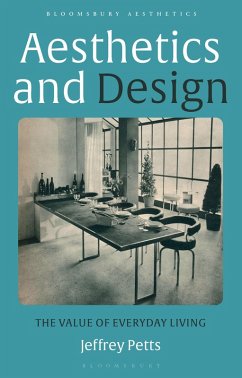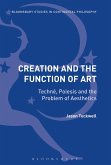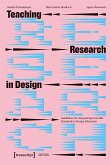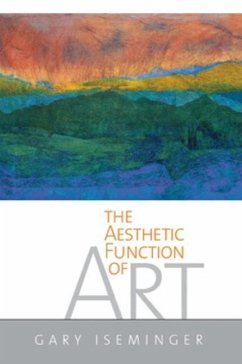What designers do and how we all, as users of designed things, live with their products raises fundamental philosophical questions about how we should live, and how the nature of design work and good design relates to our lives.
Jeffrey Petts presents a holistic and pragmatist approach to the philosophy of design. Acknowledging the importance of function in design without downplaying the aesthetic dimension, Petts relates the manner of evaluating design to the designing process itself as demonstrated in the work of, for example, William Morris, Walter Gropius and Bauhaus, Charles and Ray Eames, and Dieter Rams. This metacritical and everyday approach to the philosophy of design expresses a commitment to real aesthetics, connecting concrete issues in both practice and experience to philosophical ideas, and reveals the role aesthetics plays in considerations about the good life.
Jeffrey Petts presents a holistic and pragmatist approach to the philosophy of design. Acknowledging the importance of function in design without downplaying the aesthetic dimension, Petts relates the manner of evaluating design to the designing process itself as demonstrated in the work of, for example, William Morris, Walter Gropius and Bauhaus, Charles and Ray Eames, and Dieter Rams. This metacritical and everyday approach to the philosophy of design expresses a commitment to real aesthetics, connecting concrete issues in both practice and experience to philosophical ideas, and reveals the role aesthetics plays in considerations about the good life.









